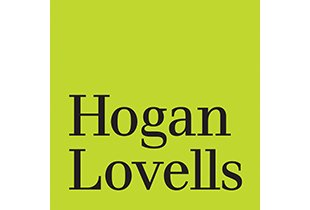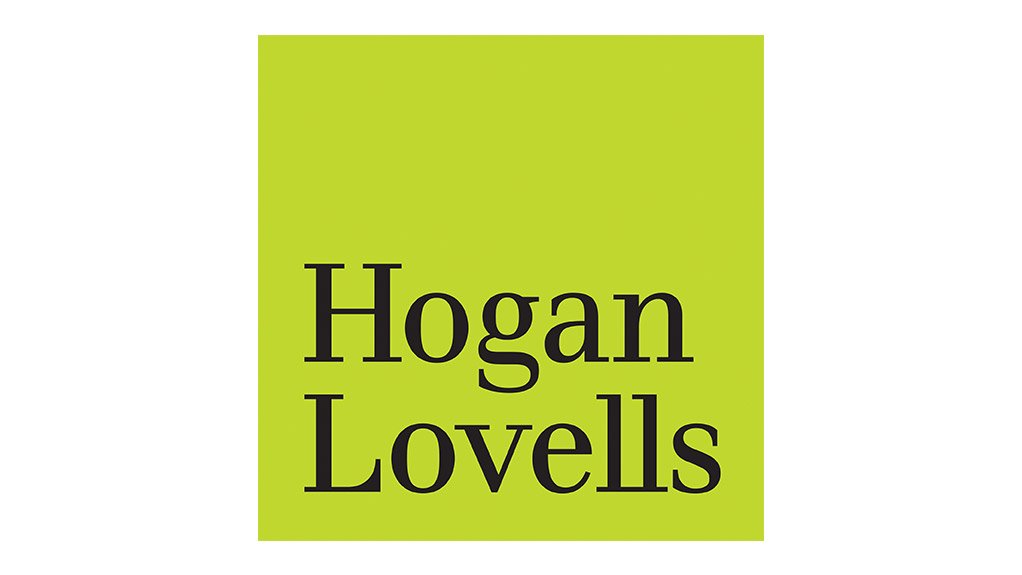According to the Corruption Perception Index 2016, an annual publication by Transparency International, which ranks countries according to the perceived levels of corruption by surveys and assessment, South Africa scored 45 points out of 100. This suggests that South Africa is perceived to be a generally corrupt country.
Whistleblowers are a key element of anti-corruption measures within the workplace, as they are most likely to witness incidences of fraud, corruption and unlawful conduct first-hand, and possess sufficient information to report the incident.
Prior to the Protected Disclosures Act 26 of 2000 (the Act), South African law did not make provision for procedures in terms of which employees may, without fear of reprisals, disclose information relating to a suspected criminal or other irregular conduct by their employers.
The Act, which commenced on 16 February 2001, created the legislative framework in terms of which employees in the private and public sector may disclose information regarding unlawful conduct by their employers or other employees and provided for their protection.
This is of particular importance, as every employer and employee has a responsibility to disclose criminal or other irregular conduct in the workplace.
Disclosures made in the following circumstances are protected disclosures:
- Any disclosure made to a legal practitioner in the course of obtaining legal advice.
- Any disclosure to an employer, in good faith, in accordance with any prescribed procedure.
- Any disclosure, made in good faith, to a member of Cabinet or the Executive Council of a province, provided that certain employment criteria are met.
- Any disclosure, made in good faith, to the Public Protector, Auditor-General and other prescribed persons or bodies, in respect of which the employee reasonably believes that the relevant impropriety falls within the ambit of such body.
The objects of the Act are to provide for procedures in terms of which a whistleblower can disclose information regarding improprieties by his or her employer, protect whistleblowers from occupational detriment on account of having made a protected disclosure, and provide remedies where whistleblowers are subjected to occupational detriment.
The Act stipulates any dismissal as a consequence of having made a protected disclosure is deemed to be an automatically unfair dismissal in terms of the Labour Relations Act.
The Protected Disclosures Amendment Bill (the Bill) was introduced to the National Assembly in December 2015. The Bill was passed by the National Assembly on 22 November 2016, and submitted to the National Council of Provinces for concurrence. On 15 February 2017, the National Council of Provinces Committee on security and justice heard submissions on provisions contained in the Bill from The Open Democracy Advice Centre and Corruption Watch.
The Bill seeks to extend the application of the Act to individuals who previously worked for the state. This is impactful, as such individuals will not be as fearful of the reprisals associated with such disclosures, and importantly are no longer financially reliant on their previous employers. Correctly marketed, this could be utilised as a tool for corruption watchdogs to encourage whistleblowers to report irregular conduct that occurred during their employment, as such employment relationship and loyalties have terminated.
The Bill creates a legal obligation on the recipient of the protected disclosure to consider the disclosed information and decide whether or not it will be investigated or referred to another body for investigation, within a fairly short turnaround time of 21 days.
Theoretically this aims to promote a culture of ethical compliance and internal governance. However, challenges may be encountered in both the public and private sector, in instances where insufficient mechanisms are in place to effectively deal with complaints emanating from the anti-corruption space or insufficient funds exist to have the matter investigated by another body.
The Bill introduces immunity to a whistleblower from civil, criminal or disciplinary proceedings, where the disclosures made show that a criminal offence has been committed, is being committed or is likely to be committed, and such disclosures are prohibited by any law or confidentiality agreement.
While such a disclosure may still result in occupational detriment to the whistleblower, it would eliminate the deterrent of costly looming litigation faced by whistleblowers in reporting irregular workplace conduct.
The Bill criminalises the intentional disclosure of false information, and such offenders will be liable on conviction to a fine or imprisonment of up to two years. While engineered to deter the intentional disclosure of false information, this may discourage whistleblowers from disclosing information that, while not verified, could be useful in investigating the matter.
The Bill also imposes joint liability on employees and their clients in the event that an employee is subjected to an occupational detriment.
The Bill creates additional safeguards for whistleblowers and an environment in which whistleblowers may freely disclose information. This reflects progression in the law, in particular pertaining to the anti-corruption and anti-bribery space, which is welcomed in the public and private sector to minimise the economic loss posed by unlawful and unethical conduct in the workplace.
Written by Tony Canny, a partner, and Krevania Pillay, an associate, at Hogan Lovells (South Africa)






